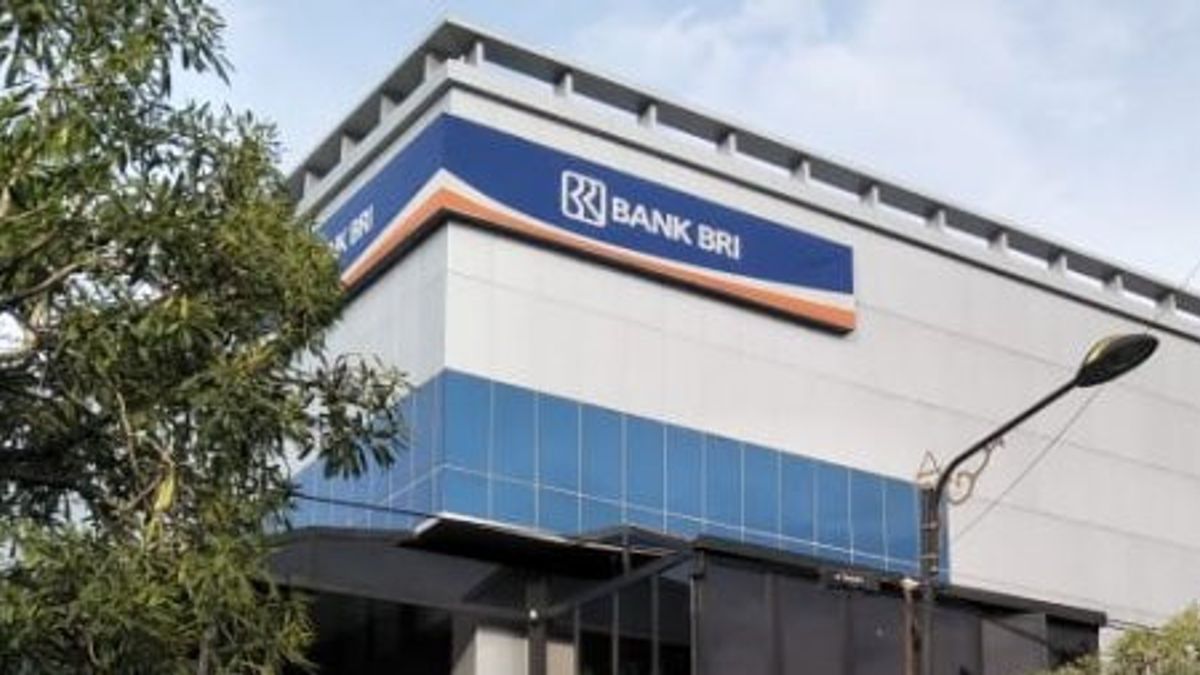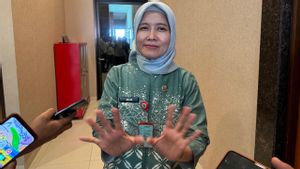JAKARTA - President Director of PT Bank Rakyat Indonesia (Persero) Tbk, Sunarso, said that the company is currently opening the opportunity to make its subsidiary PT Bank Rakyat Indonesia Agroniaga Tbk or BRI Agro as a digital bank.
"If later we can use BRI Agro as a vehicle to develop digital business, I think we are in that direction," said Sunarso in a press conference after BRI's Extraordinary General Meeting of Shareholders (EGM), as quoted by VOI from Antara at Jakarta, Thursday 29 January.
Digital bank or neobank is a bank that provides services to customers completely online and does not have a physical branch office. Sunarso said that BRI Agro could be guided to become a digital bank considering its size is not too large.
"Because BRI Agro in my opinion is quite agile in size, quite agile. For example, from time to time, we change a more digital business model and play in the ecosystem. That is for the possibility of BRI Agro changing its business model to a digital bank," he said.
Nevertheless, Sunarso continued, to implement the agenda, his party needed to prepare all aspects carefully and comprehensively.
"Of course, the infrastructure, mindset, people, products, and ecosystem targets are our target market," he said.
Digital banks can be realized through two patterns, namely through the transformation of bank business models, tactics and products, and through the formation of banks as digital banks.
For the second pattern, there are three digital banks that directly operate in Indonesia, namely the BCA digital bank, Jago Bank, and the Neo Commerce Bank. Digital banks or neobanks are now mushrooming in developed countries. Some examples of neobanks that have been operating include Atom Bank and Starling Bank in the UK, JUNO and AXOS in the United States, Volt Bank in Australia, and Jibuan Bank in Japan.
In Indonesia, the prospect of neobank is so large that sales of mobile devices in Indonesia have reached 338 million units in 2020, surpassing the entire population of Indonesia today. The results of a survey by the Financial Services Authority (OJK) also show that Indonesia's financial inclusion index is still 76.19 percent.
This means that out of every 100 people in Indonesia who have access to financial service institutions or financial service products, only 76 people. This means that there are still 24 people who do not have access to financial institutions. With the existence of a digital bank, it is hoped that the financial inclusion rate can increase.
The English, Chinese, Japanese, Arabic, and French versions are automatically generated by the AI. So there may still be inaccuracies in translating, please always see Indonesian as our main language. (system supported by DigitalSiber.id)













